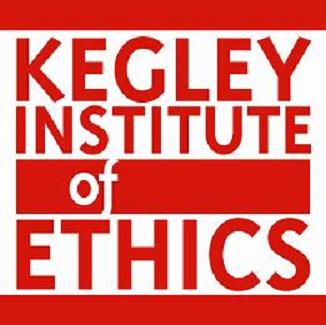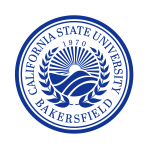Finding Civility: How Universities Can Be the Anecdote to Political Polarization
 Submitted by Ryan Fergon, KIE 2021-2022 Student Fellow
Submitted by Ryan Fergon, KIE 2021-2022 Student Fellow
Our current political climate is highly polarized. This has become alarmingly clear in protests, online discourse (or the lack thereof), and, perhaps most dramatically, in radically different views of the January 6thinsurgency in our nation’s capital. A 2021 national survey by pollster John Zogby shows that 46% of Americans now believe that a future civil war in our nation is likely.[1]Given all of this, political polarization is no minor issue, but rather, one that cuts to the core of our American democracy.
Despite these troubling sentiments about the health of our democracy, I want to shine a light to a potential solution. This is a solution, which, on the surface, might seem to be coming from the most unlikely of places. Let me explain.
A recent experience drove home for me that universitieshave the potential to foster dialogue and mutual understanding across political lines. This may seem counter to current opinions about universities as they are so often portrayed (in mainstream media) as ostensibly controlled by a liberal leaning “woke mob”. As the narrative goes, this movement actively suppresses conservative opinions and beliefs.
However, upon my recent return to academia as a graduate student, I found quite the opposite. This has been particularly evident in the Intercollegiate Civil Disagreement Partnership (ICDP). ICDP is a partnership of five institutions (St. Phillips College, California State University Bakersfield, Santa Fe College, Stanford University, and Harvard University) that offers selected undergraduate student fellows opportunities to learn how to engage in discussions across political difference. As a Student Fellow at the Kegley Institute of Ethics, I have had the opportunity to help lead this program. The crux of the program is in the development of dialogical skill sets that help train participants in the art of listening and understanding in the midst of difficult conversations. Students can use these tools to facilitate conversations around typically hard and politically polarizing topics. In turn, the aim of the students is to create productive discourse for building community and trust, rather than division.
This program’s emphasis on civic relationships even in times of political disagreement is unlike anything I have experienced in the public sphere. ICDP is, without question, a necessary and vital resource for our students. As Michael Patrick Lynch describes in his book, The Internet of Us,our current generation—that has only known a world with the internet—is not short on quickly accessible google-knowledge. However, they are potentially short on understanding. As Lynch states, “understanding not only gets us the ‘why’, it brings with it the ‘which’—as in which questions to ask” (Lynch 2017). That is, if students sometimes lack in the ability to ask the right questions for understanding others, then programming like the ICDP can supply them with the tools necessary to nurture an interest in question askingrather than (only) statement making.[2]
Throughout this program I have observed students eager and hungry to not only change something in themselves, but their communities at large as well. As one anonymous student said about the program: “I come from a town with a population of 1200, and I have two kids. I am here—at the weekly ICDP meeting—to learn how to give myself a broader world view, and, in turn, give them (my kids) one too.” And the ICDP is not the only college-based dialogue program in the country. A recent article in The Atlanticmentioned that there are currently over 40 fellowships and clubs using civil engagement to tackle political polarization.[3]
Fellowships of culturally and ideologically diverse students across the country are learning to navigate politically polarizing discussions towards ends of mutual understanding. They are learning to generate dialogical questions and become stewards of good discussions. If this sounds counter to what you believe is happening on college campuses—because of the narratives of political pundits, or other sources—then I suggest we too, as a community, re-orientate towards understanding. Perhaps try to engage in discussion with a college student, or someone who holds opposing views to your own. We might find out something new about their (and our own) values, but only if we ask the right questions.
References:
ICDP Framing a Conversation Cheat Sheet: Adapted from Essential Partners, “Greeting and Frame-Setting,” 2019
Lynch, M., 2017. The Internet of us. New York: Liveright.
Notes:
[1] (43% felt it was unlikely, and 11% were not sure) https://www.brookings.edu/blog/fixgov/2021/09/16/is-the-us-headed-for-another-civil-war/
[2]https://www.forbes.com/sites/goldiechan/2021/02/01/why-asking-questions-is-good-for-your-brand-and-your-career/?sh=3e0f1cc21c23
[3]https://www.theatlantic.com/culture/archive/2022/02/college-campus-free-speech-cancel-culture/621484/





